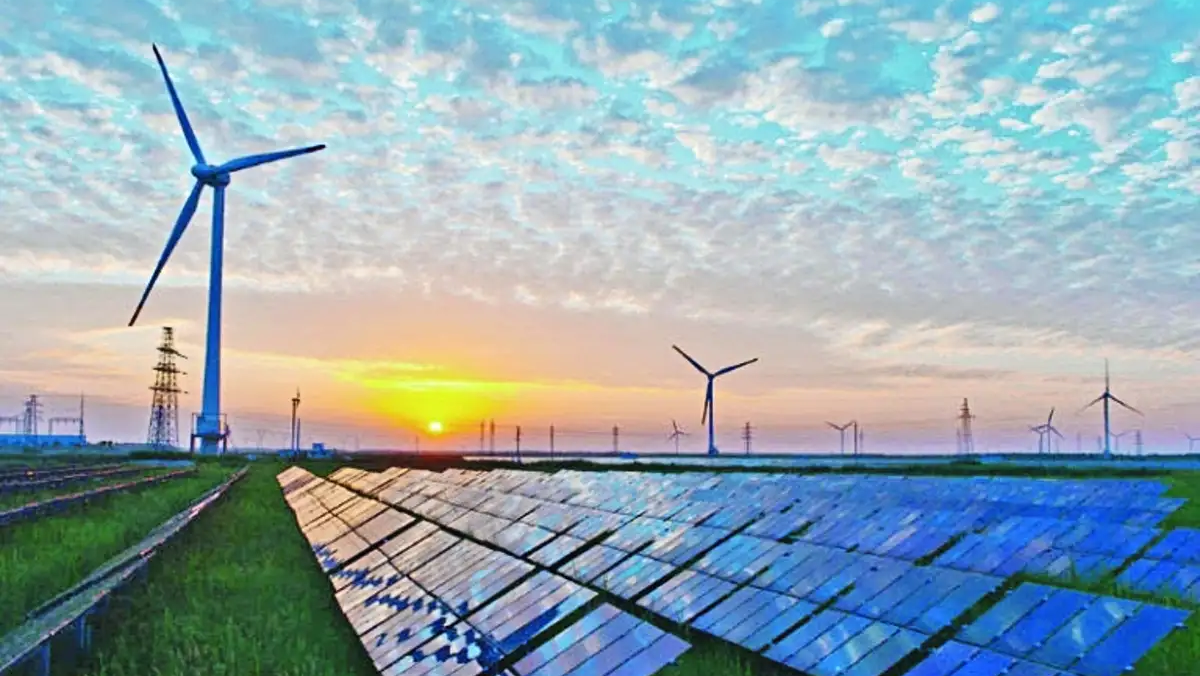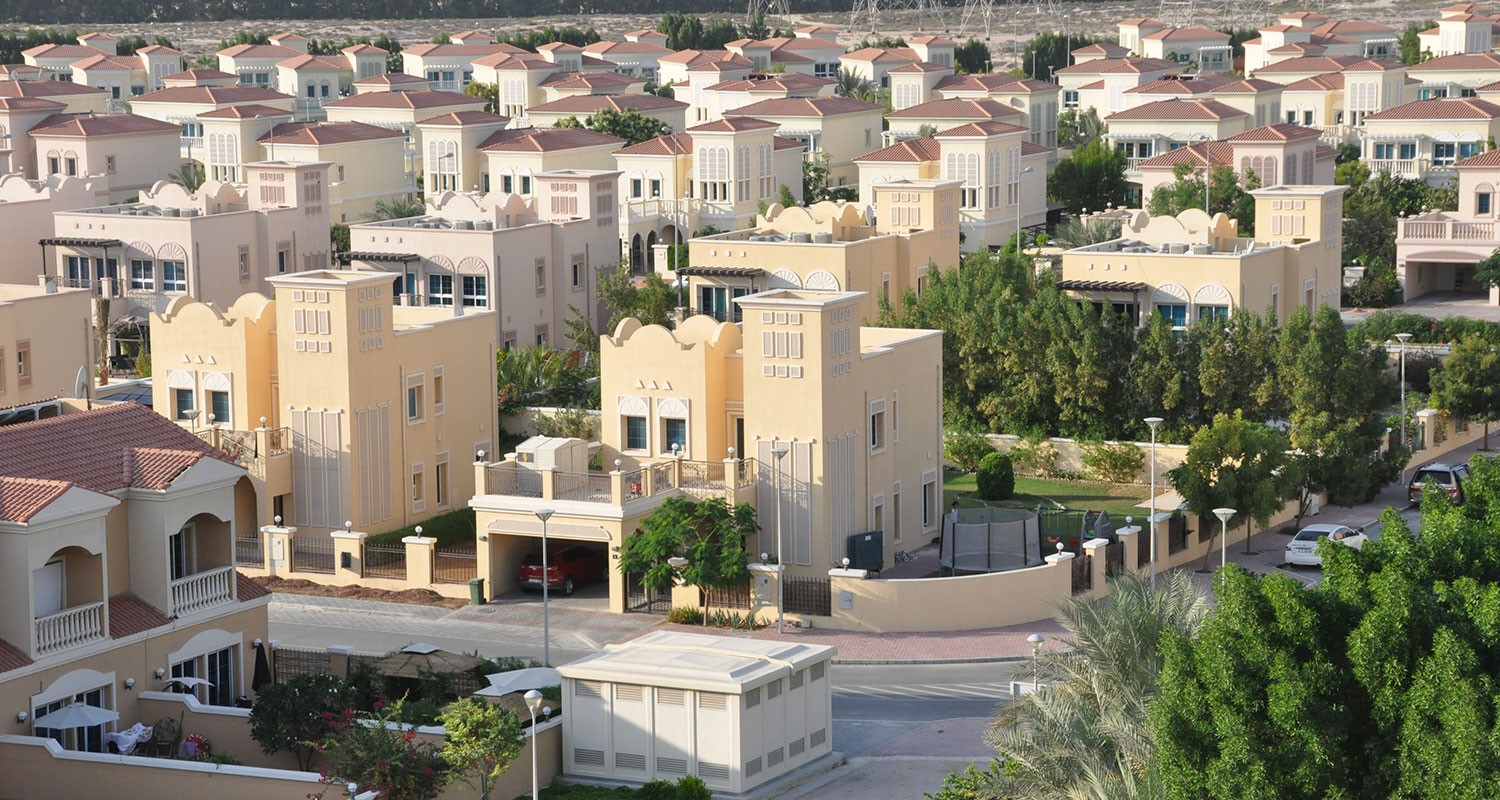Now Reading: UAE Bets Big on Space Tech for the Next Decade 2025
-
01
UAE Bets Big on Space Tech for the Next Decade 2025
UAE Bets Big on Space Tech for the Next Decade 2025

Table of Contents
The United Arab Emirates (UAE) is rapidly turning its vision for space into reality. Over the next ten years, the country plans to invest heavily in advanced space technology, with a focus on satellite development, deep space exploration, and national security. With bold ambitions and strategic partnerships, the UAE aims to become a major player in the global space industry.
A National Mission with Global Ambition

The UAE’s space journey began with the successful launch of its first satellite, KhalifaSat, in 2018. This was followed by a historic achievement in 2021 when the Hope Probe entered Mars’ orbit. These milestones proved the UAE’s commitment to developing space technology and inspired a new generation of engineers and scientists.
Now, the nation is preparing for the next stage of growth. The UAE Space Agency, in partnership with the Mohammed Bin Rashid Space Centre (MBRSC), has unveiled a long-term plan to invest in cutting-edge space technologies and research.
These plans align with the UAE Centennial 2071 Vision, which focuses on developing knowledge-based industries, boosting innovation, and preparing for a post-oil economy.
Key Investments and Future Projects
One of the major projects in the pipeline is the Emirates Mission to the Asteroid Belt, expected to launch in 2028. This mission will study seven asteroids and even attempt a landing on one of them. It will be the Arab world’s longest and most complex interplanetary mission to date.
The UAE is also investing in:
- Advanced satellite systems for Earth observation, climate monitoring, and communication
- Space data analysis tools powered by artificial intelligence
- Private sector space startups, aiming to boost a homegrown commercial space industry
- STEM education and scholarships to build a strong talent pool for the future
The government plans to spend over $800 million USD over the next decade to support these efforts. This funding will go into developing infrastructure, research labs, and international collaborations.
Boosting the Private Sector in Space
In recent years, the UAE has created a welcoming environment for private companies to enter the space sector. New policies allow for foreign investment, innovation hubs, and technology transfer programs.
Startups like Yahsat, Al Yah Satellite Communications Company, and Thuraya are already making a mark in satellite services. Meanwhile, tech incubators such as Hub71 in Abu Dhabi are supporting entrepreneurs working on space-related solutions.
By encouraging private sector involvement, the UAE aims to reduce reliance on imports and build local expertise in satellite manufacturing, rocket components, and mission planning.
Strategic Partnerships on a Global Scale
The UAE’s space ambitions are supported by international cooperation. The country has signed agreements with NASA, Japan Aerospace Exploration Agency (JAXA), and the European Space Agency (ESA).
These partnerships allow Emirati scientists to gain hands-on experience with global missions, access advanced technologies, and collaborate on scientific discoveries.
For example, the Hope Probe was built in partnership with three American universities: the University of Colorado Boulder, Arizona State University, and University of California, Berkeley.
The UAE is also an active member of the Artemis Accords, a global agreement to promote peaceful and transparent space exploration.
Human Spaceflight and Training Programs
Another key area of investment is human spaceflight. The UAE made history in 2019 by sending Hazzaa Al Mansoori, the first Emirati astronaut, to the International Space Station (ISS). He returned as a national hero and sparked a wave of interest in space science across the Arab world.
In 2023, Sultan Al Neyadi completed the longest Arab space mission, spending six months aboard the ISS. These missions have proven that the UAE is ready to be a regular participant in human spaceflight programs.
Now, the country is training a new group of astronauts and exploring opportunities for long-term missions to the Moon and Mars.
Why Space Tech Matters for the UAE
For the UAE, investing in space is not just about science it’s also about security, economy, and global influence.
Satellites can provide critical data for managing resources like water and energy, forecasting weather, and protecting infrastructure. They also play a major role in national security by supporting surveillance and communication networks.
Moreover, space technology can boost the economy by creating high-tech jobs, attracting foreign investments, and generating intellectual property.
As Dr. Mohammed Al Ahbabi, former Director-General of the UAE Space Agency, said: “Space is the future, and we want to be part of that future.”
Inspiring a New Generation

One of the most exciting aspects of the UAE’s space journey is its impact on young people. Schools and universities across the country are offering new programs in robotics, astronomy, and aerospace engineering.
Public campaigns, such as “Hope Mars Mission: Imagine the Impossible,” are encouraging youth to dream big and explore careers in science and technology.
By involving young citizens, the UAE is ensuring that its space program is not just a short-term project but a long-term national movement.
The Road Ahead
As the world enters a new space race, the UAE is positioning itself as a smart, ambitious, and responsible player. Its focus on innovation, collaboration, and education ensures that its space investments will pay off not just in science, but in economic and social growth.
The next decade promises to be an exciting journey for the UAE — not only aiming for the stars, but building a strong foundation here on Earth.
Read More:- Why Smaller Lawns Are Smarter: Save Water and Money Fast 2025






















